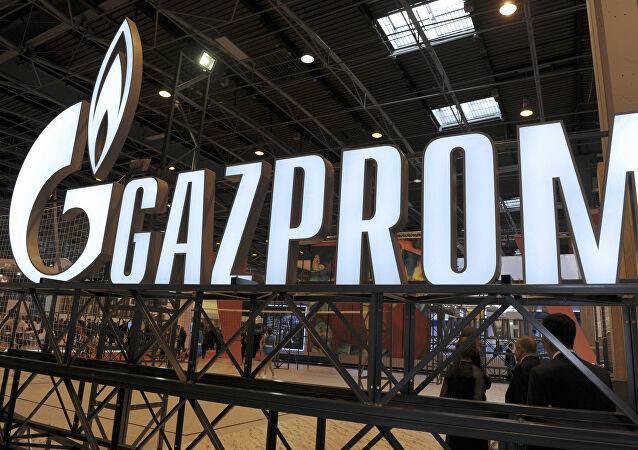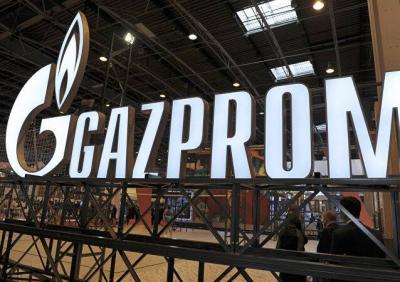Russian President Vladimir Putin has chosen the right timing to utilize his country's influence as a superpower in the fields of oil and gas, with winter approaching amidst a significant and rapid rise in energy prices hitting Europe. The European benchmark gas saw a chaotic day with volatile trading that drove prices up by 40% before Putin curbed those increases by offering assistance to stabilize the situation. Putin stated that Russia might export record amounts of biofuel to the continent this year. Alexander Novak, the Russian Deputy Prime Minister, indicated that a swift approval for the controversial "Nord Stream 2" natural gas pipeline is one way to implement that assistance.
"Nord Stream 2" runs under the Baltic Sea between Russia and Germany, but it is constrained by a long, complex, and highly politicized licensing process. While Putin did not directly tie the additional supplies to the approval of the pipeline, he hinted that increased supplies would come through another major export route from Russia to Europe via the more expensive Ukraine. In a televised meeting on Wednesday, Putin said, "Let's find a solution for the potential increase in market supplies; all we need to do now is to do this carefully."
### Escalating Crisis
The energy crisis is spreading through European equity and bond markets, raising inflation concerns and threatening to hinder key industries. Governments in the region are struggling to cope with this crisis, with little hope for a mild winter to alleviate its severity. According to some European officials, Russia's supplies, the main supplier to the region, have been below expectations, which is a primary reason for the dire situation.
Putin affirmed that the state-run company Gazprom has fulfilled all its supply contracts and that his country does not wish to see the "speculative madness" currently engulfing the markets. He stated, "Russia has been and remains a reliable gas supplier to consumers around the world in Asia and Europe, and it always fully honors all its commitments." Gazprom's exports to Europe in the first nine months of the year approached record levels, according to the company. Putin noted that if the supply pace remains the same until the end of 2021, it would mark a record year for energy supplies from Russia to Europe.
Gazprom's daily exports to Europe had neared record levels earlier this year but fell in September amid increased domestic demand due to an early start to the heating season, coinciding with the company's ongoing storage and pumping campaign for homes, which is set to conclude by November 1.
### Stabilizing Markets
Putin has asked his government and energy executives to propose how to stabilize the energy market, and "Nord Stream 2" was not the only proposal. Former Energy Minister Novak, one of the "engineers" of the OPEC+ alliance, suggested selling additional supplies on the platform of Gazprom, which is based in Saint Petersburg.
The fate of "Nord Stream 2" is becoming more complicated with the deteriorating energy situation in Europe. The decrease in Russian exports in September—meaning lower supplies through Ukraine and Poland—prompted criticisms that the country was withholding supplies to expedite approval for the new pipeline. Putin stated that Gazprom would send more gas through Ukraine than contracted this year. However, he also spoke about the suitability of the country as a transit route, saying that the new underwater pipeline systems under the Black Sea and Baltic Sea, including "Nord Stream 2," are more economical and environmentally friendly. He added that shipping larger amounts of gas through Ukraine is "not economically viable for Gazprom," as it is more costly.
He stated that supplies through the new pipelines launched in recent years reduce carbon dioxide emissions in the atmosphere by 5.6 times.
### Surge in Demand
Putin pointed to the current market crisis as a result of a faster-than-expected economic recovery worldwide, which has led to increased energy demand. He noted that an unexpectedly long and cold winter has depleted gas reserves in Europe. However, Putin also highlighted a "mistake" made by European authorities in shifting from long-term contracts, which Russia typically prefers, to short-term sales in regional exchanges. He said, "It has become clear today that this policy is wrong." As a result, gas prices have shattered all-time records, nearing $2,000 per thousand cubic meters.




